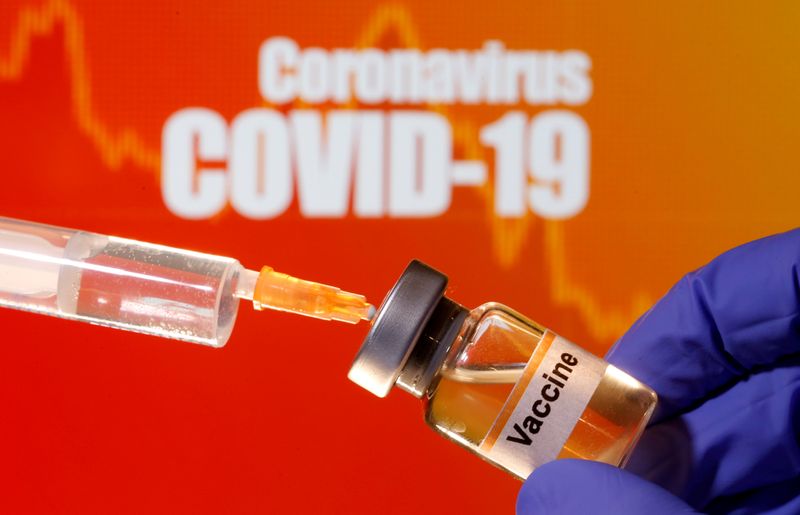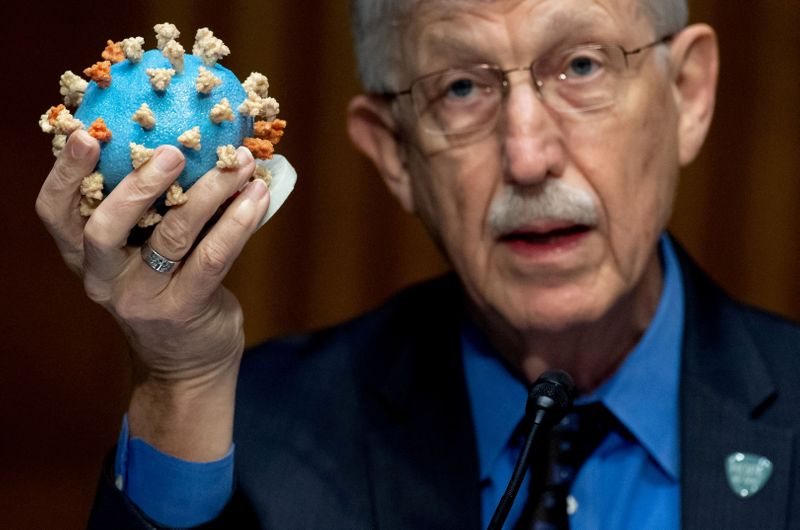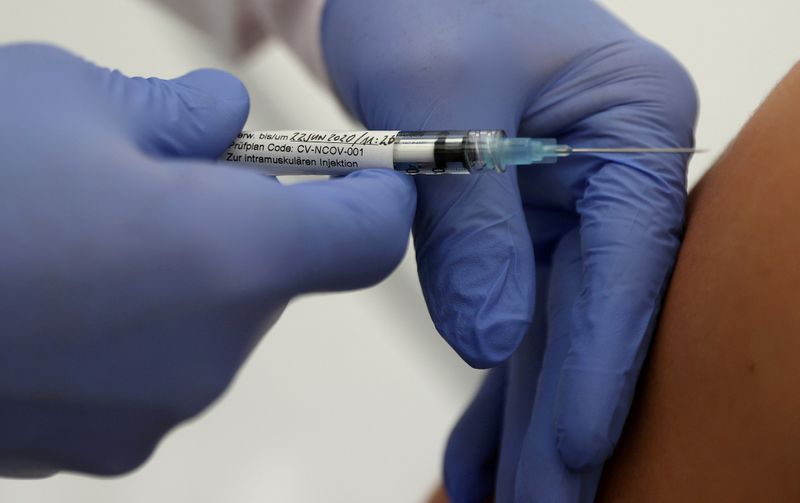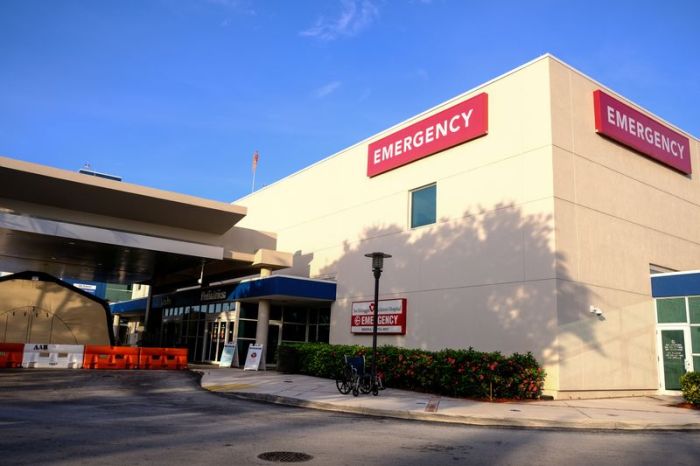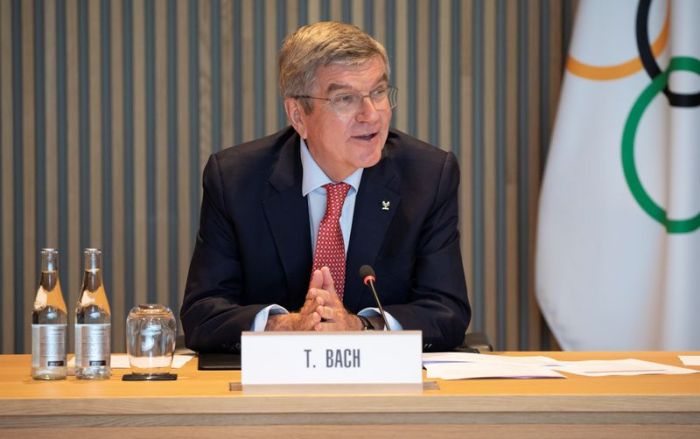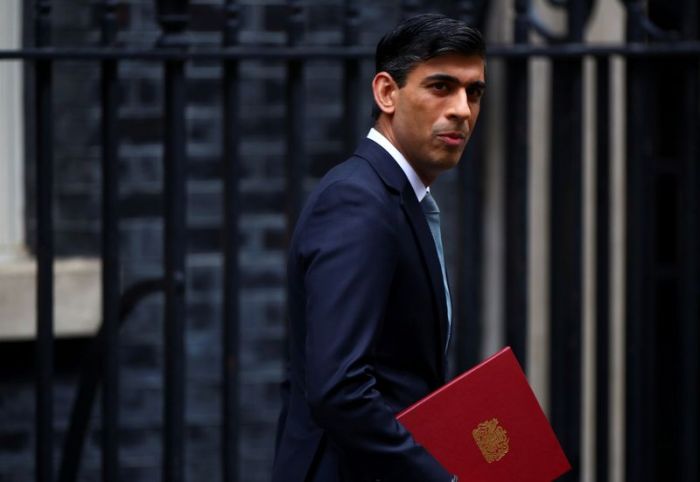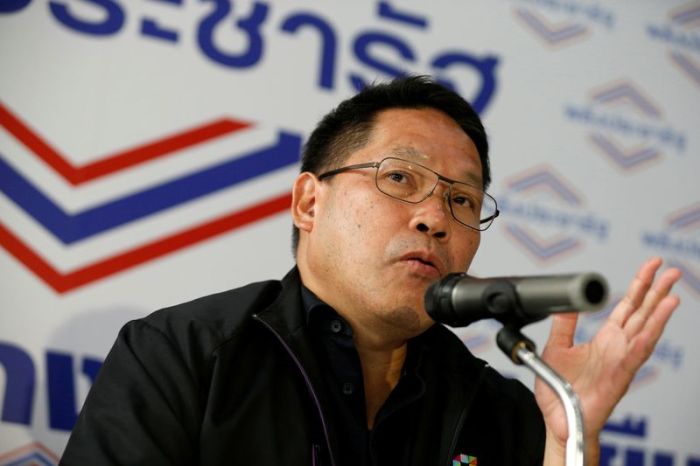LONDON (Reuters) – More than 75 countries have expressed interest in joining the COVAX financing scheme designed to guarantee fast and equitable access globally to COVID-19 vaccines, the GAVI vaccines alliance said on Wednesday.
The 75 countries, which would finance the vaccines from public budgets, will partner with up to 90 poorer countries supported through voluntary donations to GAVI’s COVAX Advance Market Commitment (AMC), the alliance said in a statement.
“COVAX is the only truly global solution to the COVID-19 pandemic,” Seth Berkley, GAVI’s chief executive, said in a statement.
“For the vast majority of countries, whether they can afford to pay for their own doses or require assistance, it means receiving a guaranteed share of doses and avoiding being pushed to the back of the queue, as we saw during the H1N1 pandemic a decade ago.”
Together, this group of up to 165 countries represents more than 60% of the world’s population and the interest is a vote of confidence in efforts to secure global access to COVID-19 vaccines, GAVI’s statement added.
COVAX is co-led by GAVI, the World Health Organization and the CEPI Coalition for Epidemic Preparedness Innovations. Its aim is to deliver 2 billion doses of effective, approved COVID-19 vaccines by the end of 2021.
The shots will be delivered equally to participating countries proportional to their populations, GAVI said, and deployed initially for healthcare workers.
GAVI said last month it had raised $567 million from international donors towards an initial goal of $2 billion to buy vaccines via the COVAX Advanced Market Commitment.
More than 100 potential COVID-19 vaccines are in development, with at least 20 in human clinical trials, as scientists seek ways to protect people against infection with the pandemic disease.
AstraZeneca, which is developing a potential COVID-19 shot known as AZD1222, has agreed to supply 300 million doses to COVAX if the vaccine proves effective and is licensed.
Berkley said that even for countries already pursuing bilateral deals with drugmakers, the COVAX scheme could help reduce their risk if one or more vaccine candidates fail.
(Reporting by Kate Kelland, Editing by John Stonestreet and Catherine Evans)

